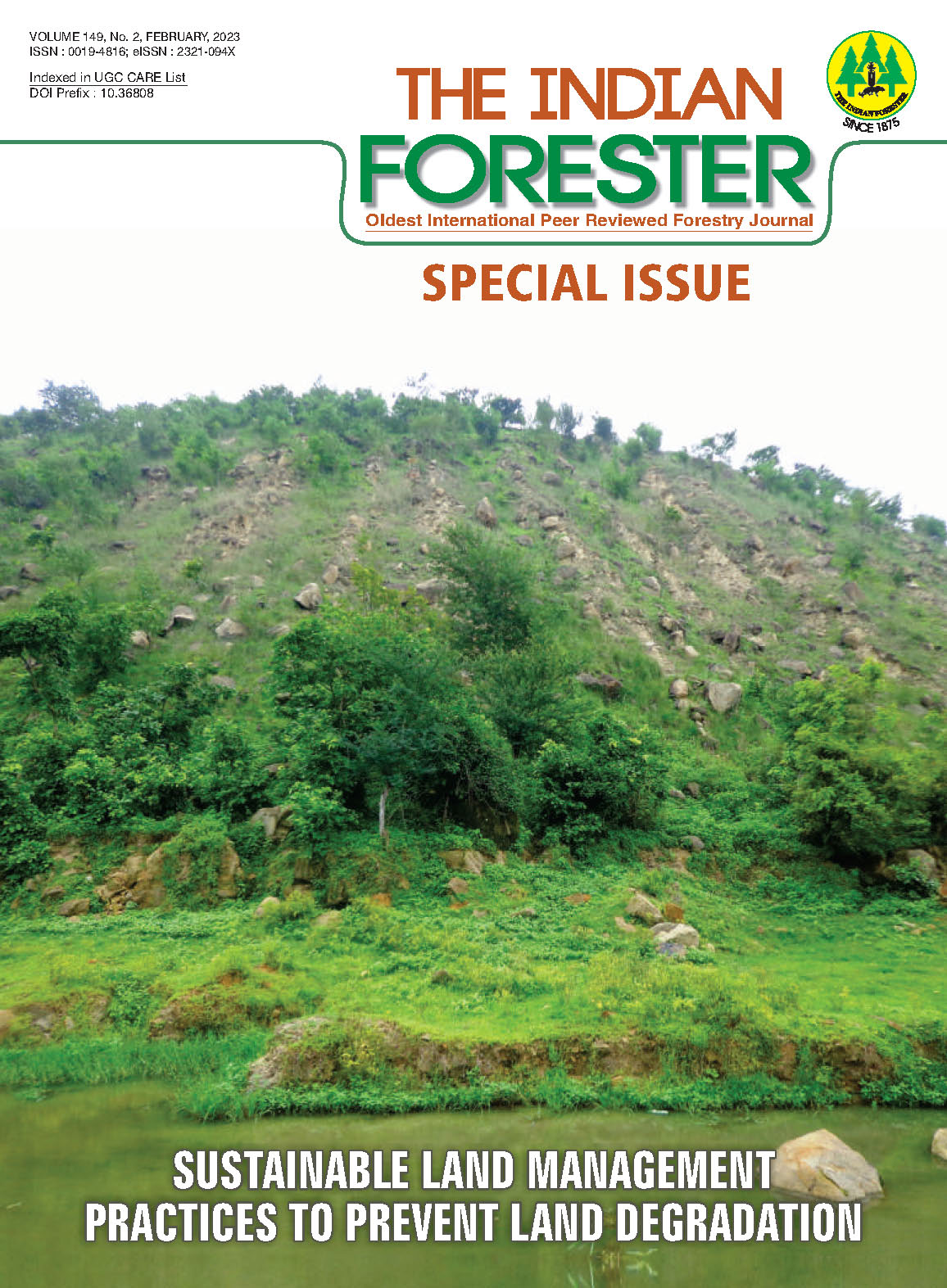Mangrove Extinction : Anthropocene Impacts, Ecological Risks and Conservation Strategies
DOI:
https://doi.org/10.36808/if/2023/v149i2/169767Keywords:
Anthropocene, Biodiversity, Contaminants, Conservation Strategies, Mangroves.Abstract
Mangroves are one of the world's most fertile and ecologically significant ecosystems, supplying essential ecosystem services, products and supporting threatened/endangered species. Mangrove ecosystem degradation has become a matter of concern across the world. The present paper focuses on the importance of mangrove coastal biodiversity with respect to ecological and medicinal values. Severe anthropogenic impacts associated with organic matter, contaminants (pesticides and heavy metals), sediment specificity, redox properties, flora, and fauna (micro and macro) are highlighted in this paper. Knowledge about conservation as well as rehabilitation methods have been summarized with management approaches.Downloads
Download data is not yet available.
Downloads
Published
2023-05-04
How to Cite
Kumari, P., & Pathak, B. (2023). Mangrove Extinction : Anthropocene Impacts, Ecological Risks and Conservation Strategies. Indian Forester, 149(2), 223–234. https://doi.org/10.36808/if/2023/v149i2/169767
Issue
Section
Articles
License
Unless otherwise stated, copyright or similar rights in all materials presented on the site, including graphical images, are owned by Indian Forester.





